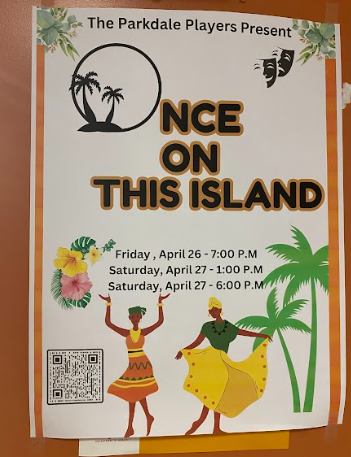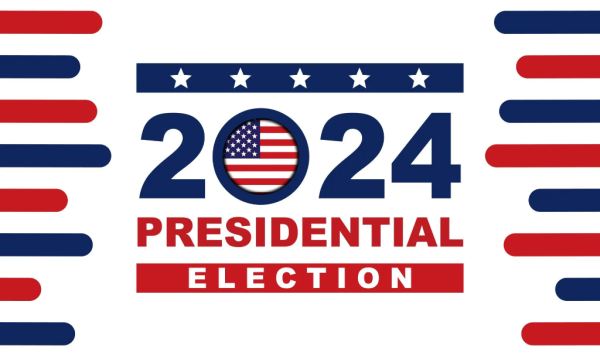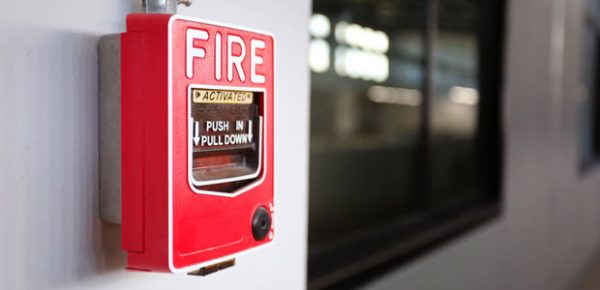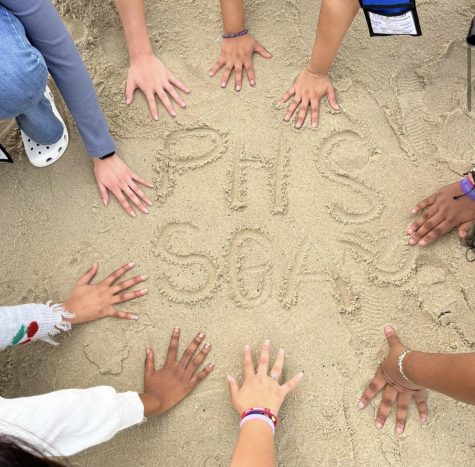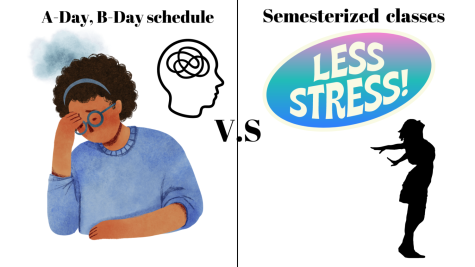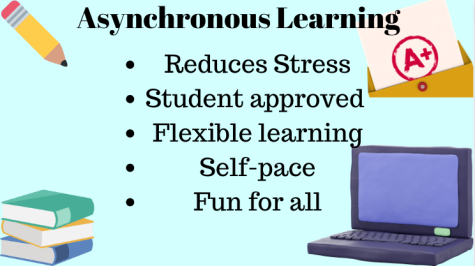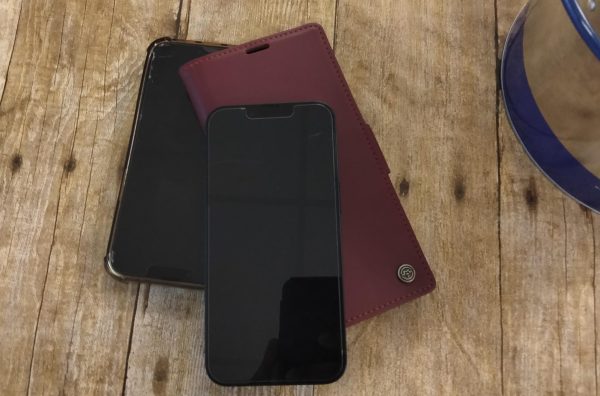Ableism perpetuates throughout schools, everyday life
Ableism is the discrimination of and social prejudice against people with disabilities based on the belief that typical abilities are superior. In the beginning, ableism was developed from the assumption that disabled people require ‘fixing’ and define them as their disability. Ableism lets people characterize, and categorize, those with disabilities. Many different forms of ableism go unnoticed by people every day.
Micro-aggressions
Micro-aggressions are everyday verbal or behavioral expressions that communicate a negative slight or insult concerning someone’s gender identity, race, sex, disability, etc. Micro-aggressions is a popular form of ableism that can be seen as passive-aggressive. Many people use this form of ableism since it is a lot harder to catch onto. In many cases, many people don’t mean to be insulting, and a lot have good intentions, but even well-meant comments and actions can take a serious toll on their peers.
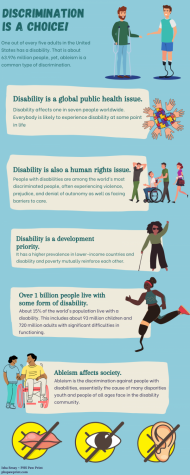 According to accessliving.org, many micro-aggressive comments typically offend a disabled person, such as:
According to accessliving.org, many micro-aggressive comments typically offend a disabled person, such as:
- “You are so retarded.”
- “I’m super OCD about how I clean my apartment.”
- “I don’t even think of you as disabled.”
- “Are you off your meds?”
- “She’s such a psycho.”
Such phrases suggest that a disability makes a person less than, and that disability is a poor, negative, and fixable issue, rather than a natural, unavoidable part of life.
Everyday Ableism
The second form of ableism is everyday ableism. This form of ableism may be harder to understand for some people because it is considered to be ‘minor’. It’s subtle, and it could also be meant as a genuine, nice comment, but delivered wrongfully.
According to accessliving.org, there are many examples of everyday ableism such as:
- Framing disability as either tragic or inspirational.
- Talking to a person with a disability the way you would talk to a child.
- Talking about them instead of directly to them, or speaking for them.
- Asking invasive questions about the medical history or personal life of someone with a disability.
- Assuming people have to have a visible disability to be disabled.
- Questioning if someone is ‘actually’ disabled, or ‘how much’ they are disabled.
The different types of ableism listed above may not be labeled as ableism for different disabilities. As stated above, many people believe that for you to be disabled you have to see it. That is not the case.
Parkdale High School Special Education chairperson, Mrs. Rosales shared her thoughts on ableism, especially with her expertise.
“There are different levels of students with special needs,” she explained. “You wouldn’t even know for some students.”
This is factual asthere are many types of disabilities, such as physical disabilities, intellectual or learning disabilities, visual and hearing impairments, neurological disabilities, and many more.
Personal Ableism
As weird as it may sound for most people, ableism isn’t always verbal and physical. Mental or personal ableism is a form that many people face within themselves. This form of ableism may be seen in someone with or without disabilities.
According to forbes.com, there are three types of ableism, the first being when someone feelings instinctively uncomfortable around disabled people, or anyone who seems “strange” in ways that might be connected to a disability of some kind. This could be portrayed as:
- Being nervous, clumsy, and awkward around people in wheelchairs.
- Being viscerally disgusted by people whose bodies appear to be very different or “deformed.”
- Avoiding talking to disabled people to avoid some kind of feared embarrassment.
Tenth grade Special Education teacher at Parkdale Ms. Masamba is an eye-witness of these many occurrences, as well as many other teachers within the special education department.
Some educators may unconsciously discriminate against students with disabilities which may be no fault of their own, but because they feel pity for them.
— Ms. Immaculate Masamda, PHS Special Education Teacher
Believe it or not, many disabled students do not like being treated with pity.
Although it cannot be 100% possible, they would like to be treated morally like their colleagues, which brings us to number two: Holding stereotypical views about disabled people in general, or about certain sub-groups of disabled people. This may include:
- Assuming that disabled people’s personalities fit into just a few main categories, like sad and pitiful, cheerful and innocent, or bitter and complaining.
- Associating specific stereotypes with particular conditions.
- For example, people with Down Syndrome are associated with happy, friendly, and naive, Mentally ill people are associated with unpredictable and dangerous, or autistic people are associated with cold, tactless, and unknowable.
“We have a very, very large number of special education students,” said Ms. Rosales. “[And] the lack of being informed, and the lack of exposure contributes to the issue of ableism.”
Due to the lack of acknowledgment towards ableism, a great number of students believe that it can only be verbal, not mental. The points that are previously shown expose the thoughts of many people and how assumptions play a negative factor in disabled students’ minds.
Number 3 will also add to the negative factors: Resenting disabled people for advantages or privileges you think they have as a group.
- Disabled people get good parking spaces, discounts, and all kinds of other little unearned favors.
- Disabled people don’t have to work and get government benefits for life.
It is disheartening to believe that one can envy disabled people for benefits they can’t help. It is also interesting to note that there appear to be two major schools of capable faith. One is that disabled people are poor but innocent victims of circumstances who should be loved, cared for, and protected from harm. The other is that people with disabilities are inferior, unfavorable, and at the same time receivers of unequal and unjustified hospitality and social security.
“I have had a chat with some of my students on ableism to encourage them to put their best effort if they are to be treated like their non-disabled peers,” said Ms. Masamba.
While Parkdale brags of being a magnet high school, it is is the school home to one of the biggest Special Education programs in the county.
Mrs. Rosales wholeheartedly provided her advice to special education students when facing ableism in the school: “If you do find yourself having inner thoughts about your condition, do a self-reflection [and] always think about how you can be a positive effect.”
Your donation will support the student journalists of Parkdale High School. Your contribution will allow us to cover our annual website hosting costs and publish some printed editions, as well.

Hey all! Isha Sesay is a sophomore at Parkdale, and she has been on the Paw Print Staff since 2020, and journalism started off just an elective...

